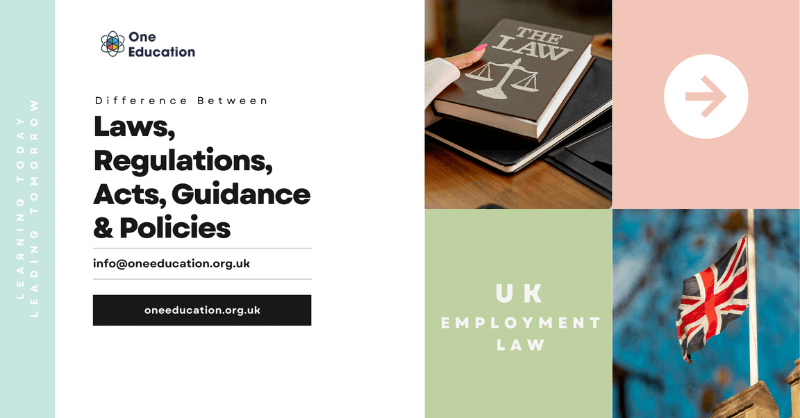Examples of Policies
Government departments (i.e. the Department for Environment, Food and Rural Affairs) typically adopt policies to accomplish their goals. By visiting the UK Government website, you can access documentation on governmental policies. Here are two examples of policies in the UK.
Wildlife and Countryside Act 1981
The policy that safeguards fauna, flora, and specific ecosystems are the Wildlife and Countryside Act 1981. The Bern Convention and the Birds Directive are implemented by consolidating and amending current national law. Additionally, this Act enables the identification and protection of Sites of Special Scientific Interest (SSSIs), which are noted for their unique flora, fauna, and geological or physiographic characteristics.
Climate Change Act 2008
Based on recommendations from the Committee on Climate Change report: Building a Low-Carbon Economy, the UK Climate Chang
- Climate Change Act 2008 pledges the UK to reduce emissions by at least 80% from 1990 levels in 2050. The UK is a party to obligations made under the United Nations Framework Convention on Climate Change.
Breaking Policies: Consequences
Policies are in place for the greater good of people. Every organisation following the appropriate policies contributes to the welfare of the general people in the UK. However, breaking policies will create disturbances in society and the environment.
Authorities might confront organisations about breaking governmental policies and punish them accordingly. On the other hand, if you violate a policy in your office or business, you’ll be held responsible for the Act. Depending on the policy you break, you may face suspension or permanent termination from your job.
FAQs
1. Are Laws and Regulations Enforceable?
Laws and regulations are strictly enforced per the legislation. There may be repercussions for breaking the law or regulation, including fines and jail time. So, yes, laws and regulations are enforceable.
2. Is Guidance Enforceable?
Despite being useful, guidance is not enforceable. Organisations cannot be the target of enforcement action for disregarding the guidance.
3. Are Policies Enforceable?
Policies are mandatory and enforceable. Therefore, there are repercussions if a person or business doesn’t follow them. Depending on the seriousness of the infraction, the policies may specify the penalties. For example, a penalty may be additional training, probation, or even termination of a business or employment.
4. Is an Act a Policy?
Yes, an act can be considered a policy, but it’s important to note that acts are typically broader and more formal than policies. While acts are laws passed by a legislative body, policies are guidelines or rules set by an organization or government to achieve certain goals. So, while an act can establish a policy, not all policies are acts.
5. What is the difference between an act and a law?
The difference between an act and a law lies in their origin and scope. An act is a formal written enactment of a legislative body, while a law is a broader term encompassing acts, regulations, and other legal principles that govern society. Acts are usually passed by legislative bodies, while laws can be derived from various sources, including judicial decisions and customary practices.
6. Is an Act a Law?
Yes, an act is indeed a type of law. In legal terms, an act refers to a piece of legislation that has been passed by a legislative body, such as a parliament or congress. Acts are binding and enforceable rules that govern various aspects of society, such as commerce, education, or healthcare. They are typically created to address specific issues or regulate particular activities within a country or jurisdiction.
7. What is the Difference Between Legislation and Regulation?
The difference between legislation and regulation is that legislation is laws made by a legislative body, like a parliament or congress, while regulation is rules made by a government agency to implement or enforce those laws. Legislation is the broader framework, while regulations provide specific details on how to comply with the law.
8. Are Policies and Laws The Same?
Policies and laws are not the same. While laws are legally binding rules established by government authorities, policies are guidelines or principles adopted by organizations or institutions to achieve certain goals. Laws are enforceable and may carry penalties for non-compliance, whereas policies are typically internal directives that govern actions within specific contexts.
Summary
You now know what laws, rules, acts, advice, and policies are. The terms imply nearly identical meanings. However, we’ve made it clear what their true objectives are. Each has a unique definition and use. When used or followed in the real world, they are likely to impact one another. To help you comprehend the ins and outs of laws, rules, acts, guidance, and policies, we have thoroughly provided examples of each. To get the most out of your learning, take our UK Employment Law Course.


![]() 12 minutes
12 minutes